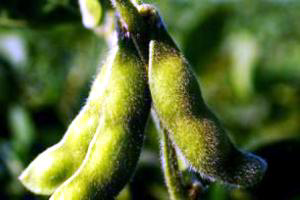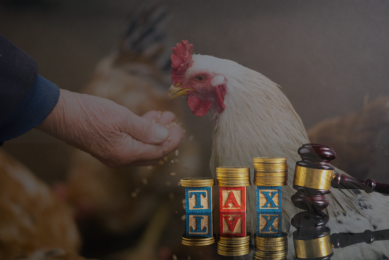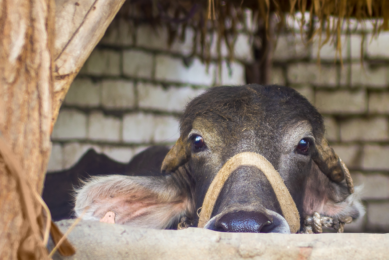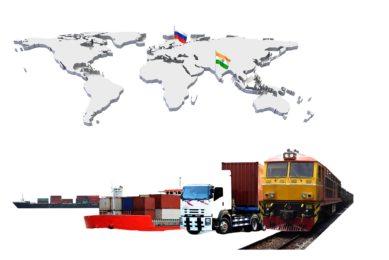US soy leadership attend IOPD seminar in Paris

US soy leadership attended the International Oilseed Producers Dialogue (IOPD) in Paris, France recently. The conference held last week, focused on providing participants with the opportunity to meet with other global oilseed producers to discuss issues of common interest and to develop partnerships that can provide support for key market access issues.
The US soy delegation included ASA President Ray Gaesser; USB Chairman Jim Call; USB Vice Chairman Bob Haselwood; Secretary of the USSEC Board of Directors and United Soybean Board (USB) Meal Action Team Lead Laura Foell; ASA First Vice President Wade Cowan; American Soybean Association (ASA) CEO Steve Censky; USB CEO John Becherer; USSEC CEO Jim Sutter; and USSEC Trade Barriers & Industry Relations Manager Randy Olson.
Team members also met with members of the International Soybean Growers Alliance (ISGA), speaking to growers from the EU, Canada and Australia, and had the opportunity to visit a farm in France.
According to Mr. Call, conversations centred on genetically modified organisms (GMOs), new trait approvals and government regulations. He says that keeping the dialogue open between producers helps to keep profitability and sustainability at the forefront for growers.
Ms. Foell adds, “Even though we’re [oilseed producers] all in competition, we’re in this together to meet demands in the future.”
Talking about ways to help each other and how to improve markets marked key conversations, says Mr. Gaesser. He recounts that on the group’s visit to a French farm, they talked with farmers there about what growers worldwide could have done differently 20 years ago to prevent misconceptions about GMOs. Mr. Gaesser states, “The French farmers said that they wish they would have been more proactive [in explaining the benefits of GMOs]. Improving the consumer image of oilseeds and agriculture worldwide is important.”
Mr. Cowan feels that communication between growers worldwide is critical. He explains, “It’s all about the communication. It’s good to meet with other farmers. While we all run unique operations, we have the same overall concerns.” He continues, “We’re all trying to make a better life for us and we’re all trying to make a better farming life for those who come after us.”











